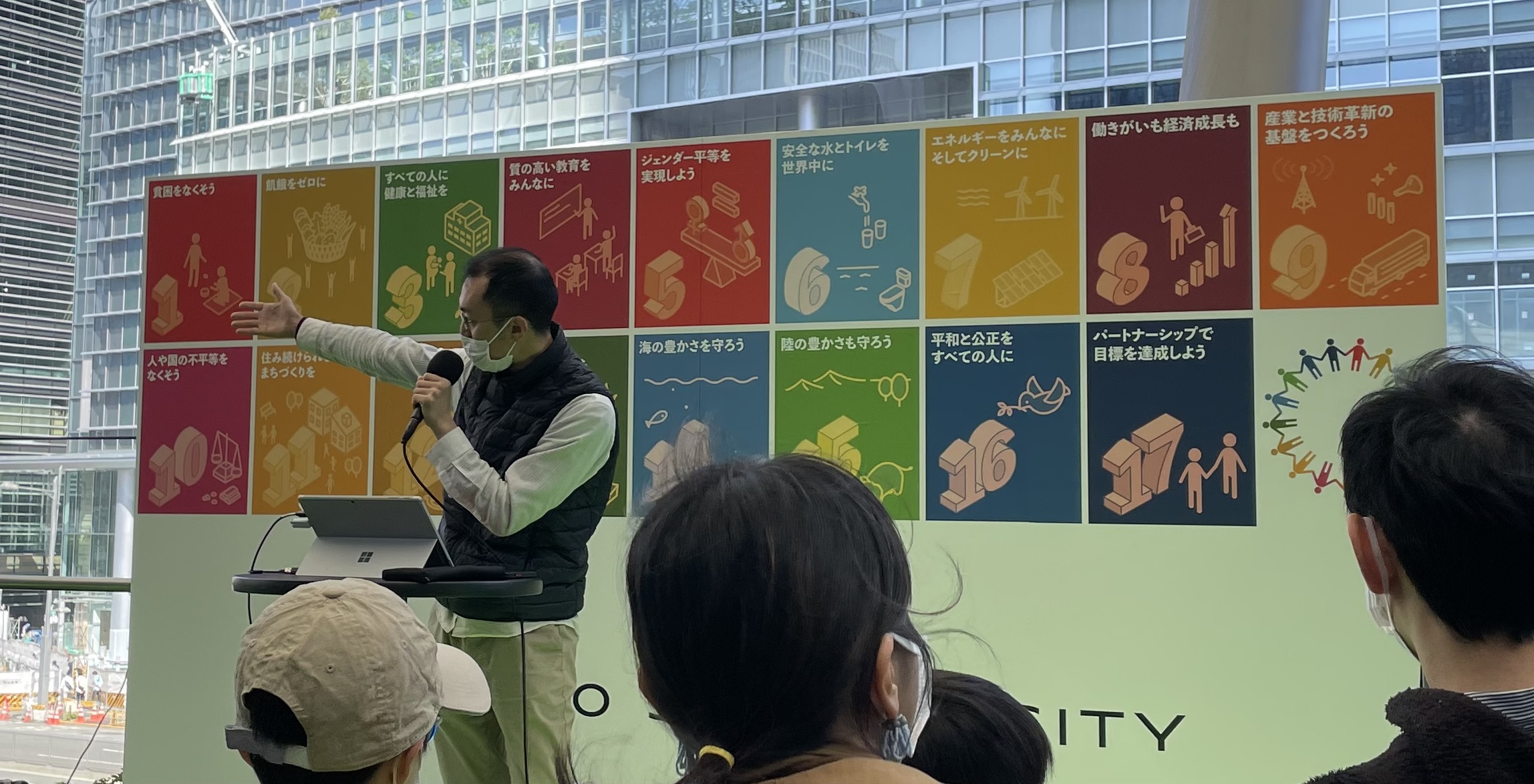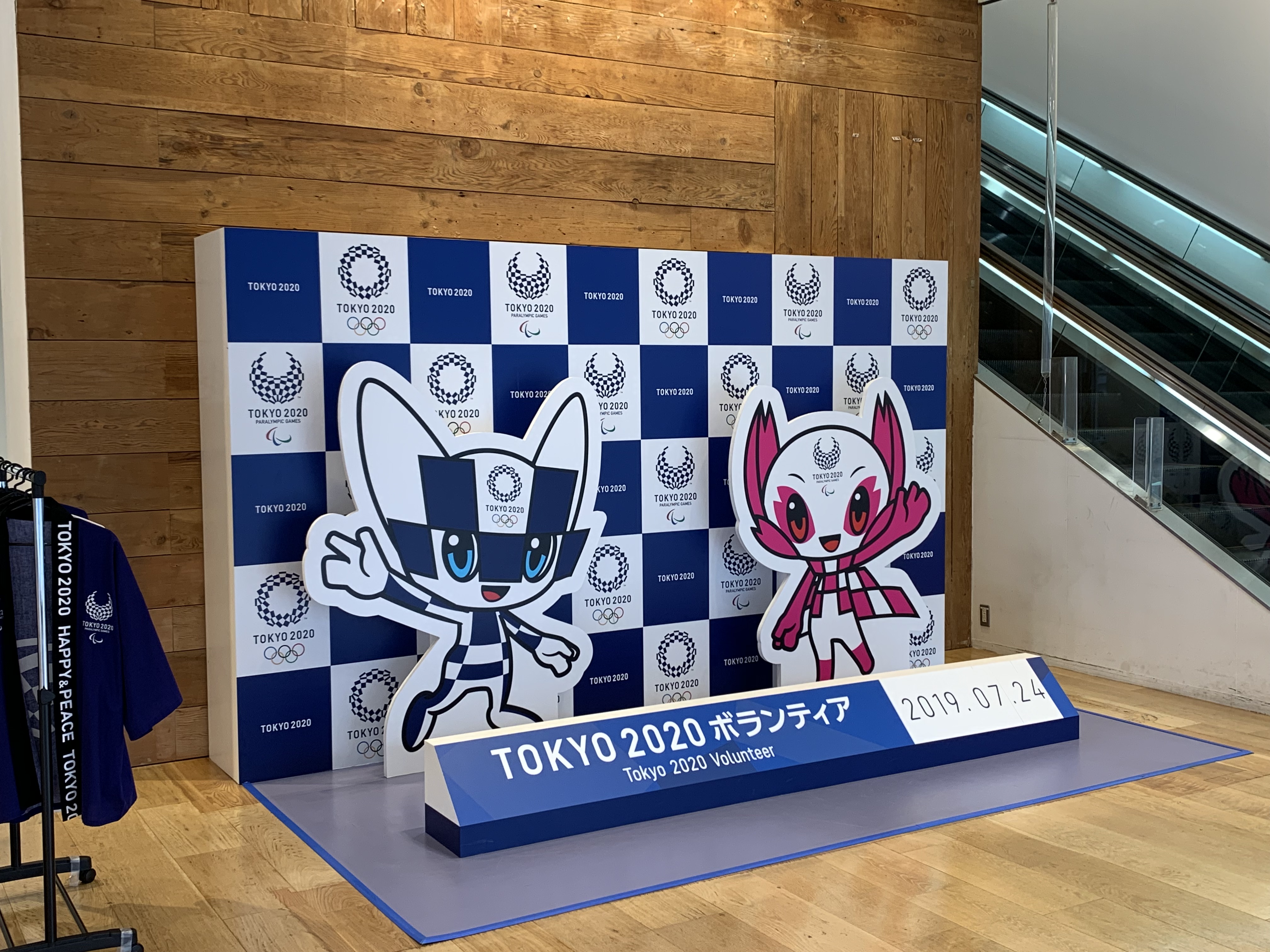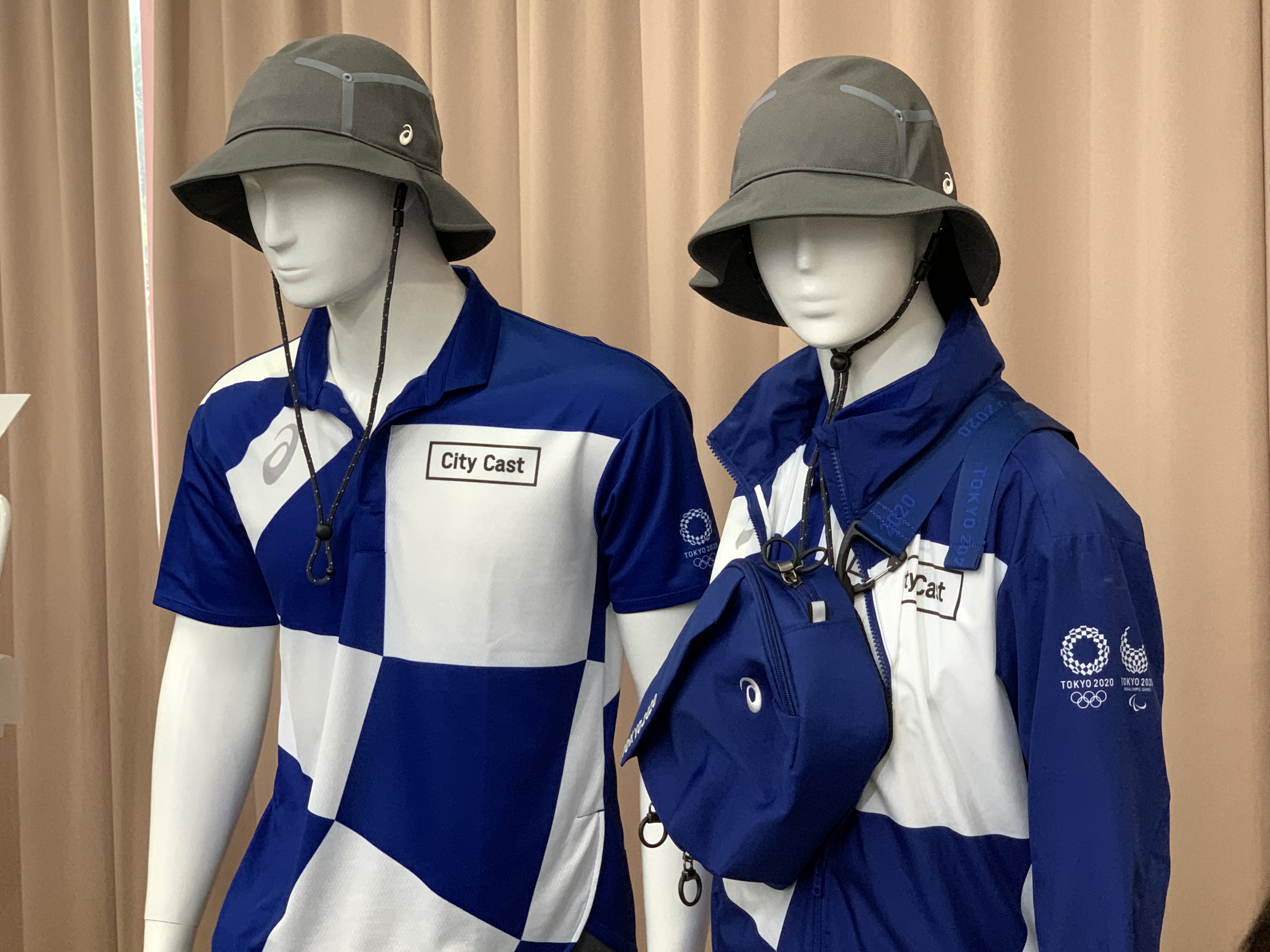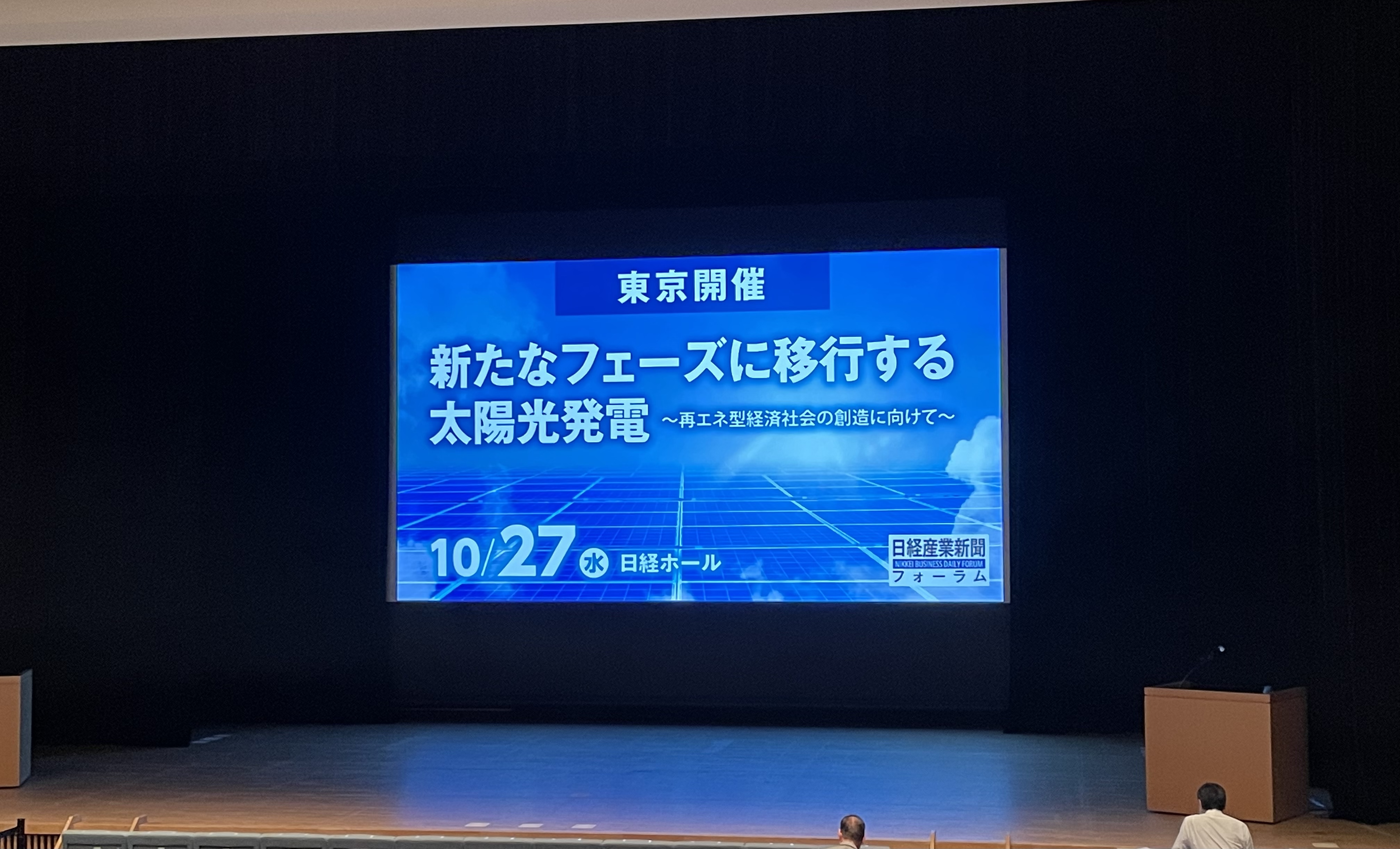第4回 KEIO SPORTS SDGs シンポジウム2024
第4回 KEIO SPORTS SDGs シンポジウム2024
KEIO SPORTS SDGsは、2018年6月に世界保健機関(WHO)が「Global Action Plan on Physical Activity 2018-2030,GAPPA」を発表したことを契機に、東京オリンピック・パラリンピック2020を見越して、2019年に塾内外のステークホルダーが集まり設立された。その後も、持続的に塾内を横断し、幅広い領域で自治体や企業などと連携し、スポーツ・身体活動を促進するプロジェクトを実施している。本年度は今後の本格センター化を見据え、2030年以降の10年間にわたるKEIO SPORTS SDGsの方向性を検討してきた。本シンポジウムでは、2023年度のKEIO SPORTS SDGsの進捗報告、具体的取組の共有を行うとともに、2つのセッションを通じ、KEIO SPORTS SDGsの新コンセプトを共有し、持続可能なスポーツの新たな価値について考え、多様なステークホルダーとの連携を深める機会とする。

開催概要
| 日時 | 2024年3月9日(土)13:00〜17:00 |
| 会場 | 慶應義塾大学日吉キャンパス独立館D203号室 |
| 参加費 | 無料 |
| 主催 | 慶應義塾大学 担当:KGRI 慶應スポーツSDGsセンター(SU)スポーツ医学研究センター 大学院健康マネジメント研究科 大学院システムデザイン・マネジメント研究科 体育研究所 SFC研究所 xSDG・ラボ 医学部 スポーツ医学総合センター グローバルリサーチインスティテュート |
| 後援(予定) | スポーツ庁 厚生労働省 神奈川県 藤沢市 横浜市にぎわいスポーツ文化局 横浜市スポーツ協会 健康・体力づくり事業財団 笹川スポーツ財団 日本健康運動指導士会 慶應ラグビー倶楽部 ヨコハマSDGsデザインセンター 神奈川県立産業技術総合研究所 |
講演『今後KEIO SPORTS SDGsの目指すところ』
【演者】
スポーツ医学研究センター・健康マネジメント研究科 准教授 小熊 祐子
【略歴】
1991年慶應義塾大学医学部卒。研究面では、身体活動と健康を中心テーマに、藤沢市と協働で行う身体活動促進地域介入研究(ふじさわプラス・テンプロジェクト)、学際的な超高齢者コホート研究(川崎ウェルビーイングコホート研究)、運動施設と医療機関との連携等に尽力している。臨床・教育面では生活習慣病の運動療法の指導や、身体活動の普及啓発に注力している。
【講演概要】
2020年8月コロナ禍オンラインで始めたKEIO SPORTS SDGsシンポジウムは、今回で4回目になります。KEIO SPORTS SDGsでは、今までの活動を見直し、コロナ後の社会情勢等も踏まえ、スポーツの価値を再考、今後長期的な活動として、拡大していくために、Vision, Mission, Valueを見直しました
(https://sportssdgs.keio.ac.jp/purpose/)。
今までのKEIO SPORTS SDGsの経緯や成果と共に紹介し、今後、皆さんと一緒に進めていきたいことを共有します。
セッション①『パブリックヘルスの視点から見るスポーツSDGs』
『スポーツ・身体活動の実践を社会で広げるためには?:身体活動促進の科学』
【演者】
東京大学大学院 医学系研究科 公共健康医学専攻 健康教育・社会学分野 講師 鎌田 真光
【略歴】
2005年東京大学教育学部卒、2007年同大学院修士課程修了、2013年島根大学大学院医学系研究科博士課程修了。身体教育医学研究所うんなん(雲南市立)、国立健康・栄養研究所、ハーバード大学を経て、2018年より東京大学。日本運動疫学会理事、JPAH編集委員、Lancet身体活動特集2021年執筆メンバー、「パ・リーグウォーク」実行委員会委員等。第一のミッションは「世界から運動不足をなくす」こと。
【講演概要】
身体活動の不足は世界的な公衆衛生上の課題ですが、スポーツを含む身体活動の実践を広げるためには様々な面から取り組みが必要です。これまで演者は自治体や企業と連携し、普及施策(介入)の社会実装と検証を行ってきました。厳格な検証では世界初となる、地域レベルの運動実施率の向上に成功した研究成果のほか、プロ野球パ・リーグとの連携による「パ・リーグウォーク」アプリなどの実例を通して、普及施策のポイントを紹介します。
『健康になる技術ーどうすれば人は体を動かすようになるのか』
【演者】
慶應義塾大学グローバルリサーチインスティテュート 特任准教授
Down to Earth 株式会社代表取締役
Down to Earth BEYOND HEALTH株式会社 代表取締役 林 英恵
【略歴】
早稲田大学社会科学部卒業後、ボストン大学教育大学院にて修士号取得。その後ハーバード大学公衆衛生大学院で修士号及び、博士号を取得。専門は、行動科学・ヘルスコミュニケーション、社会疫学。ニューヨークに本社のあるマッキャンヘルスでニューヨーク・ロンドン・東京で戦略プランナーとして勤務。博士号取得中に、アジアパシフィックディレクターとしてパブリックヘルス部門を立ち上げる。2020年に独立後、Down to Earth株式会社を設立。国際機関や自治体、企業に対して健康プログラムの戦略開発等を行う。また、在宅医療を含めたコミュニティヘルスの課題を解決すべく、2023年Down to Earth BEYOND HEALTH株式会社を設立。公衆衛生分野で研究と実践の橋をつなぐことを事業の柱としている。著書に『健康になる技術大全』(ダイヤモンド社)等がある。
【講演概要】
「健康になるには技術が必要」とは、江戸時代のベストセラー本『養生訓』の著者、貝原益軒先生の言葉です。健康になるためには、何をしたら良いのか(WHAT)に加えて、どのように実行したら良いのか(HOW)の技術も必要です。身体活動の分野においても、行動変容や習慣づくりのエビデンスは蓄積されつつあります。実践と研究の分野を行き来してきた経験を活かし、双方からの学びをお話しします。
セッション②『慶應義塾とスポーツSDGs』
『地域との協生を目指す横浜慶應チャレンジャー国際テニス大会』
【演者】
慶應義塾大学体育研究所 教授 坂井 利彰
【略歴】
慶應義塾大学法学部政治学科卒業、慶應義塾大学大学院政策メディ ア研究科後期博士課程修了。博士(政策・メディア)。 高校時代はU18日本代表、高校日本代表に選出。 大学時代は全日本学生単優勝、ユニバーシアード日本代表、 ナショナルメンバーに選出。プロ転向後は全豪オープン出場。20 06年より慶應義塾大学庭球部監督に就任。全日本大学王座決定試 合において、男子46年振り、女子55年振りに全国制覇に導く。
【講演概要】
※ご用意でき次第更新いたします
『慶應義塾体育会野球部のスポーツSDGsに関する取組』
【演者】
慶應義塾体育会野球部 監督 堀井 哲也
【略歴】
慶應義塾大学卒業後、社会人野球の三菱自動車川崎で4年間外野手として活躍。引退後は同チームのマネージャーを務め、1994年に三菱自動車岡崎で監督に就任。都市対抗野球・日本選手権で常連となり、多くのプロ野球選手を輩出。2005年からJR東日本の監督に移籍し、10年連続都市対抗野球出場。2011年に初の優勝。2019年から慶應義塾体育会野球部監督に復帰し、2021年、2023
年に大学日本一に導く。2023年9月には大学野球日本代表監督に就任。
【講演概要】
監督として心がけている事は①環境の整備、②闊達なコミュニケーション、③適切な目標設定の三点です。一方で選手に対しては、塾生としてスポーツマンとして①全力プレー、②ルールとマナー、③周囲への敬意を説いています。様々なバックグラウンドを持った200人前後の部員それぞれの四年間の充実と、チーム内競争の結果代表となった選手の日本一達成とのダブルゴールへの挑戦を促し見守っております。
オンライン特別講演
『Evaluating systems approaches to tackling sports and physical activity inequalities』
【演者】Senior Research Fellow, College of Health, Wellbeing and Life Sciences,
Sheffield Hallam University Principal Investigator for the Sport England National Evaluation and Learning Partnership Transforming Place Theme Lead, Advanced Wellbeing Research Centre.
Shearn, Katie
【略歴】
Dr Katie Shearn is a methods pluralist with an expertise in realist methodologies which are orientated towards the explanation of social phenomena situated within complex systems, and the Principal Investigator for Sport England’s National Evaluation and Learning Partnership.
Her research interests span cultural, political, organisational and interpersonal factors affecting health and wellbeing. She is at the forefront of complexity sensitive, realist research and evaluation methods to support the accumulation of knowledge around whole-systems transformation to deliver person-centred public health.
Furthermore, she has worked alongside academics, policy makers and practitioners from the World Health Organization the UK’s Department for Health Improvement and Disparities, NHS England and Active Partnerships to operationalise the integration of health and physical activity policy and practice. She brings theoretical, methodological and topic knowledge of whole systems approaches to tackle inequalities, specifically physical activity inequalities.
【講演概要】
Contemporary challenges like physical inactivity are viewed as outcomes of complex adaptive systems shaped by various social processes. To address this issue, whole-systems (WSAs) and place-based approaches (PBAs) are advocated, internationally, for example by the World Health Organization. Whilst there is no agreed definition, WSAs and PBAs are multi-faceted, targeting whole communities and typically involve diverse stakeholders targeting barriers and enablers of at different levels of social structure. There is a growing literature around WSAs, but it is limited in how to successfully operationalise these approaches and, the subject of this presentation, how to evaluate them.
Accompanying policy for WSAs and PBAs is an urgent call to evaluate them. Guidance in the UK asks for ‘sound scientific basis for policy making providing reliable understanding of which interventions work and are effective… provide accountability by demonstrating how funding has been spent, what benefits were achieved and assessing the return on resources. ‘Robust’ evaluation design, which uses controls, and randomisation, are, however, inadequate to handle complex system dynamics and interventions with multiple interacting elements. Furthermore, complexity means we need to accept a degree of humility in our expectations for certainty. Consequently, evaluation of WSAs and PBAs should be considered an emerging practice.
In the UK, a government body, Sport England has invested public money to support several WSAs and PBAs across the country. They have also appointed a National Evaluation and Learning Partner – a consortium of academic, and private evaluation and learning consultants to build capacity for appropriate evaluation and learning methods. This presentation will provide examples of emerging evaluation practice, which is orientated towards explanation, collaboration, and transferability of findings, rather than just the measurement of outputs, outcomes, and impacts.
At first it is important to focus the framing, scope, and boundaries of the evaluation. Placing attention on those elements which we can influence, and evaluating our attempts to do so, for example, to change practice, may be more fruitful than just looking at longer term outcomes. Furthermore, there are different perspectives and different interests amongst stakeholders on what is important to measure. How we place the evaluation boundary and who is involved in determining where it is placed, has a real effect on the ongoing work of the WSA and PBA. Ensuring the approach is participatory by involving a range of people, including the intended beneficiaries of the WSA and PBA in the design and execution of the evaluation is crucial if the findings are to be valid, and more importantly, useful for ongoing strategy and decision making.
Adopting a theory-led approach to the evaluation supports stakeholders to make explicit their expectations about how activities may produce the outcomes of interest. Encouraging these theories to be ‘realist’ in nature will encourage deeper consideration of how, and why and in what circumstances changes are observed, and at what level of social structure. Capturing evidence using a wide range of methods helps to accumulate a knowledge base about what is changing, how and why. Rich and innovative methods such as Storytelling and Ripple Effects Mapping, complement the frequency data which may be captured. Evidence based realist theories which capture the essence of what is causing the change can be built into a general explanatory framework which can be transferred from place to place.
Using Configurational Comparative methods, allows us to test different causal models which may produce the same outcome, and converse, the same causal models which produce different outcomes in different settings. These, combined with the explanatory theories based on rich understanding of how, when and why change is happening have the potential to generate transferable knowledge, through an ever-increasing understanding of the patterns of interactions that typically, although not universally, generate desired changes within a system.
In conclusion, if we accept that long term change in physical activity is a complex challenge, we need evaluation methods which are appropriate. This calls for a paradigm shift in evaluation in terms of its purpose and prioritised methods. The scale and timescales of WSAs and challenge of making the evaluation meaningful mean that resources allocated to evaluation should be prioritised. The benefit, however, should be findings and understanding that is valuable for onward strategy and decision-making support for all those involved.
(日本語サマリー)
運動不足のような現代の課題は、様々な社会的プロセスによって形成された複雑な適応システムの結果と考えられている。このような問題に取り組むため、世界保健機関(WHO)などの組織が推奨しているように、国際レベルでも国家レベルでも、ホールシステムズアプローチ(WSAs)やプレイスベースアプローチ(PBAs)が推進されている。一般的に、WSAsやPBAsは多面的なアプローチをとり、地域社会全体を対象とし、多様な利害関係者を巻き込んで、様々な社会レベルでの障壁や促進要因に対処する。WSAsとPBAsの政策に付随して、WSAsとPBAsを評価することが急務となっている。
これらのアプローチをどのように行動に移すかが当面の課題であり、本講演の主眼は、その有効性の評価にある。本講演では、英国の事例をもとに、単なるアウトプット、アウトカム、インパクトの測定にとどまらず、説明、協力、調査結果の転用可能性を優先した、新たな評価手法の例を紹介する。結論として、身体活動の長期的な変化が複雑な課題であると認識するならば、適切な評価方法が必要であることがわかる。
『SDGsへの変革加速へむけてスポーツの出来ること』
【演者】
政策・メディア研究科 教授 SFC研究所xSDG・ラボ代表 蟹江 憲史
【略歴】
同大学SFC研究所xSDG・ラボ代表。専門は国際関係論、サステナビリティ学、地球システム・ガバナンス。国連におけるSDGs策定に、構想段階から参画。SDGs研究の第一人者であり、研究と実践の両立を図っている。国連事務総長の任命を受けた独立科学者15人の1人としてGlobal Sustainable Development Report 2023(GSDR 2023)の執筆を行なった。博士(政策・メディア)。
【講演概要】
オリンピックとSDGsをはじめとして、SDGsとスポーツとの関係は、最近ことに注目されている。教育をはじめ、プロスポーツでもこの課題に注目する団体が出てき始めている。本講演では、スポーツとSDGsとの関係を解きほぐしながら、広がりつつある取り組みのいくつかを紹介して、スポーツとSDGsについての動向についての知見を深め、今後のあり方を探るとともに、今後の本事業の方向性を考えたい。






